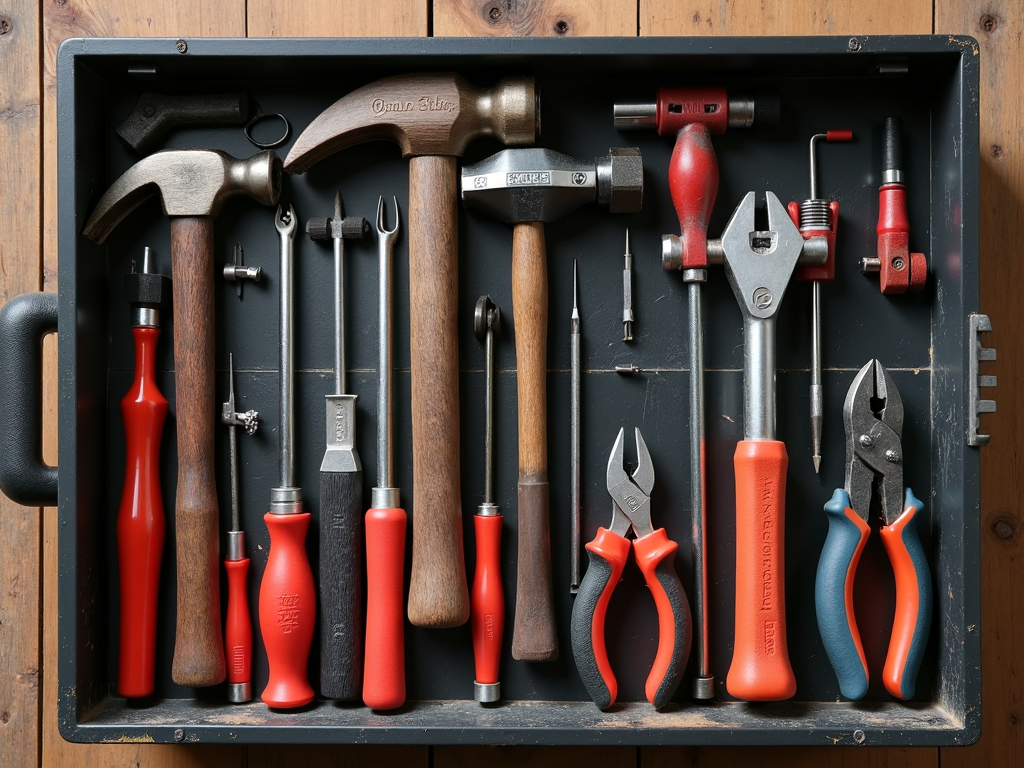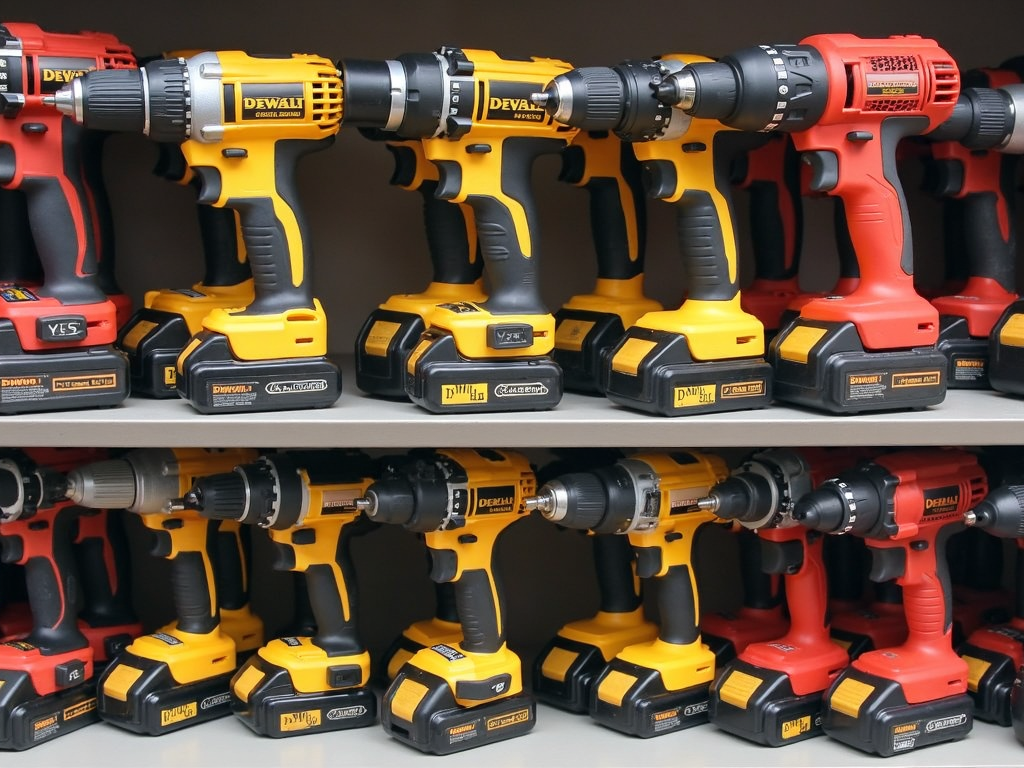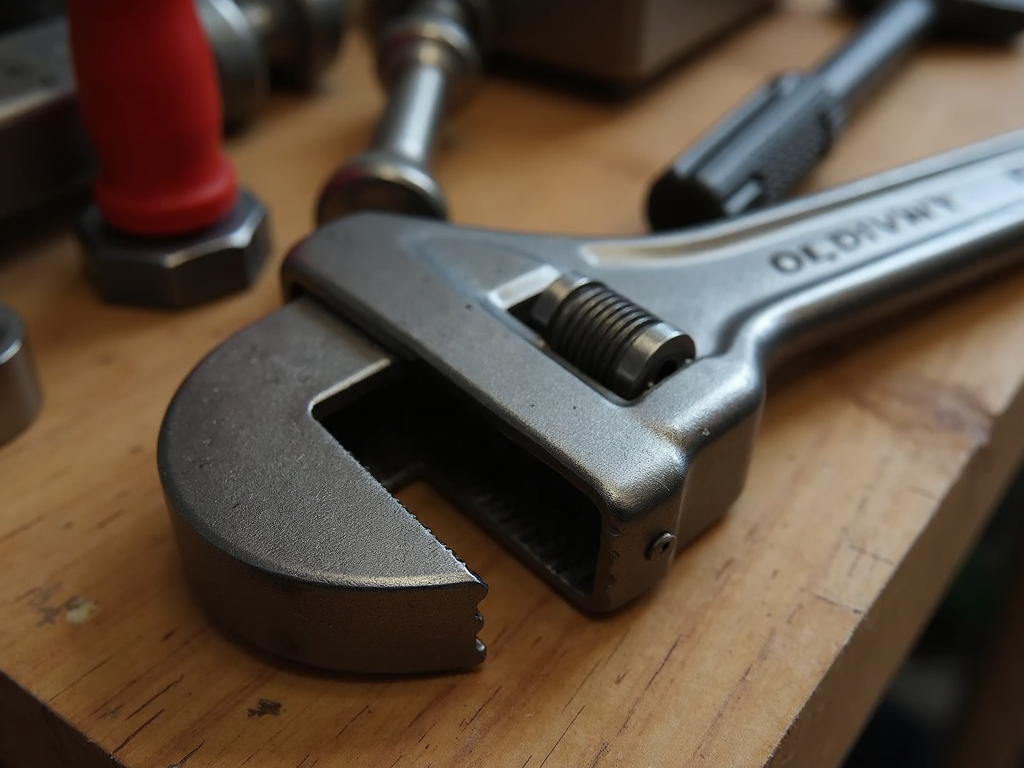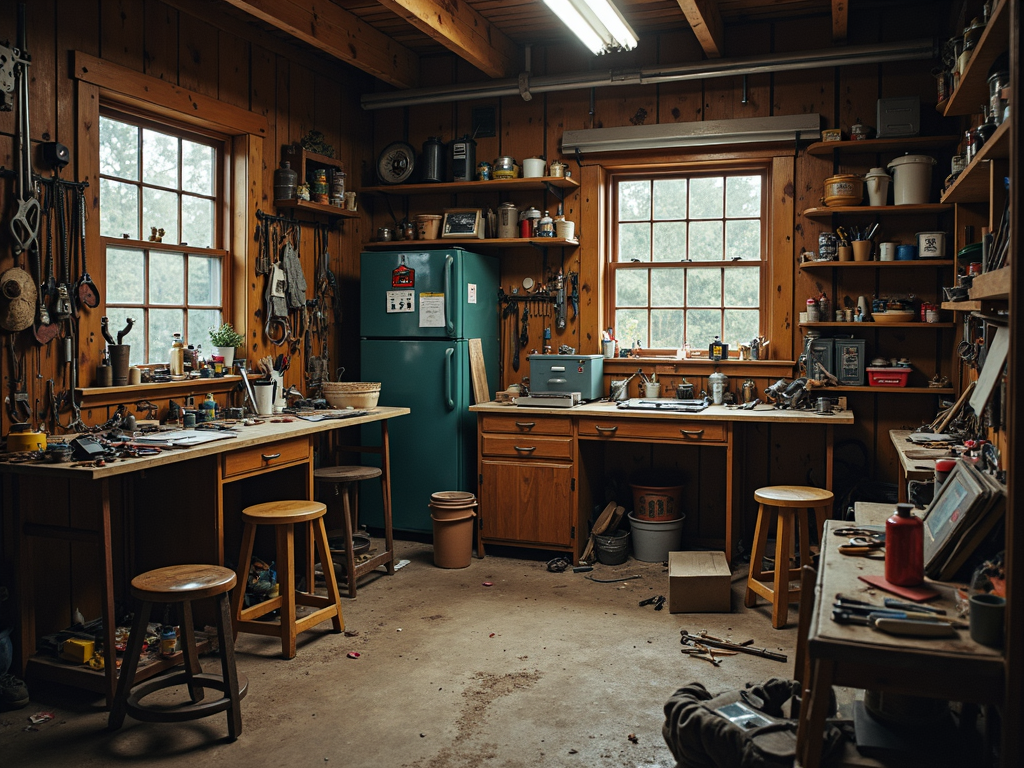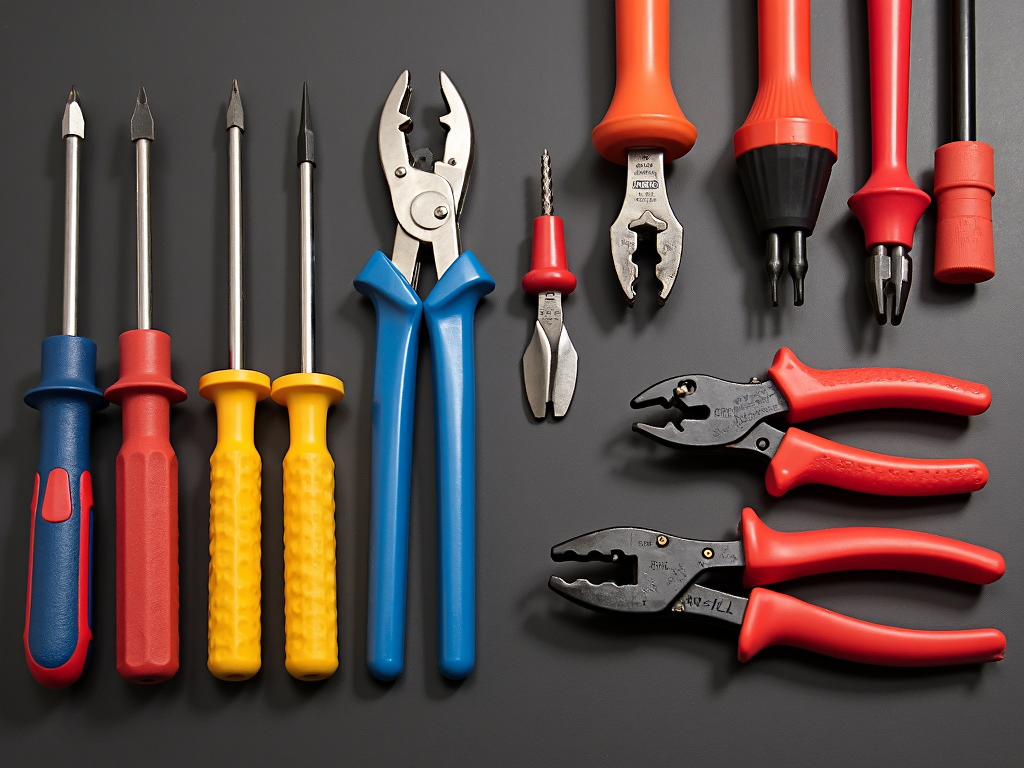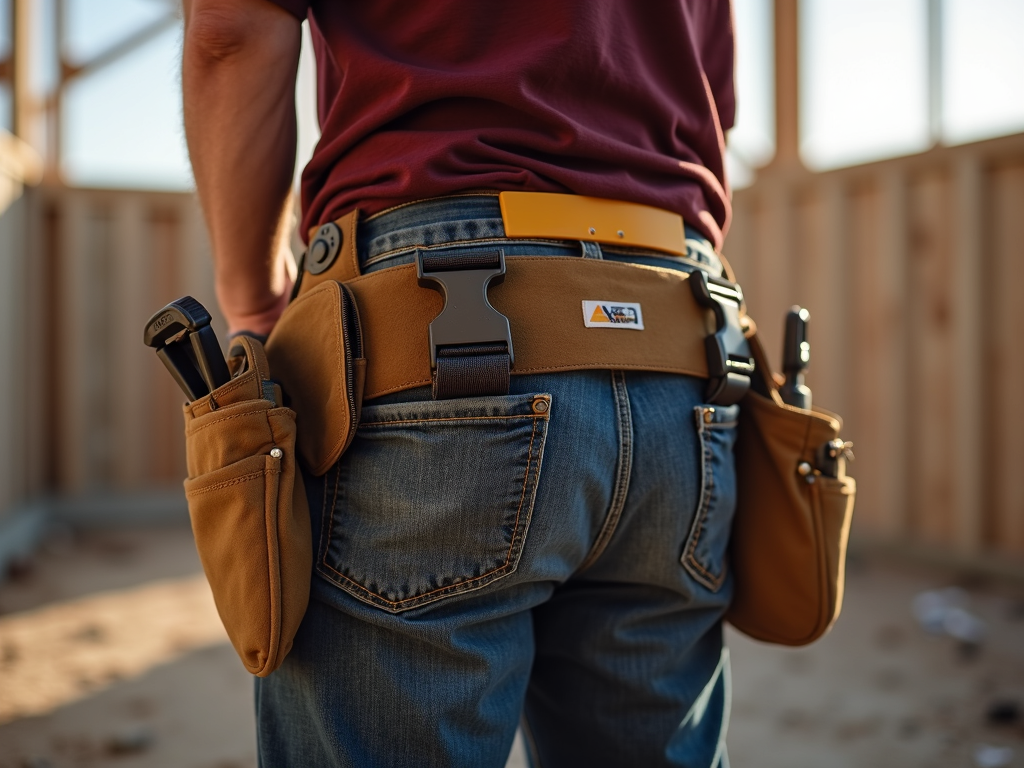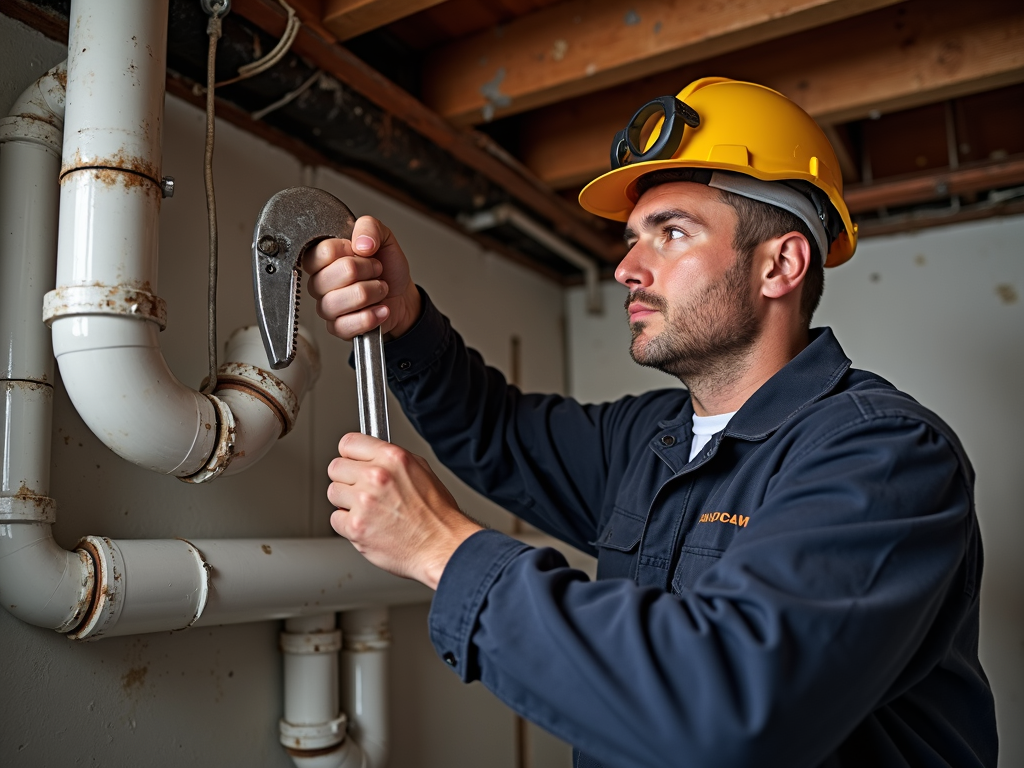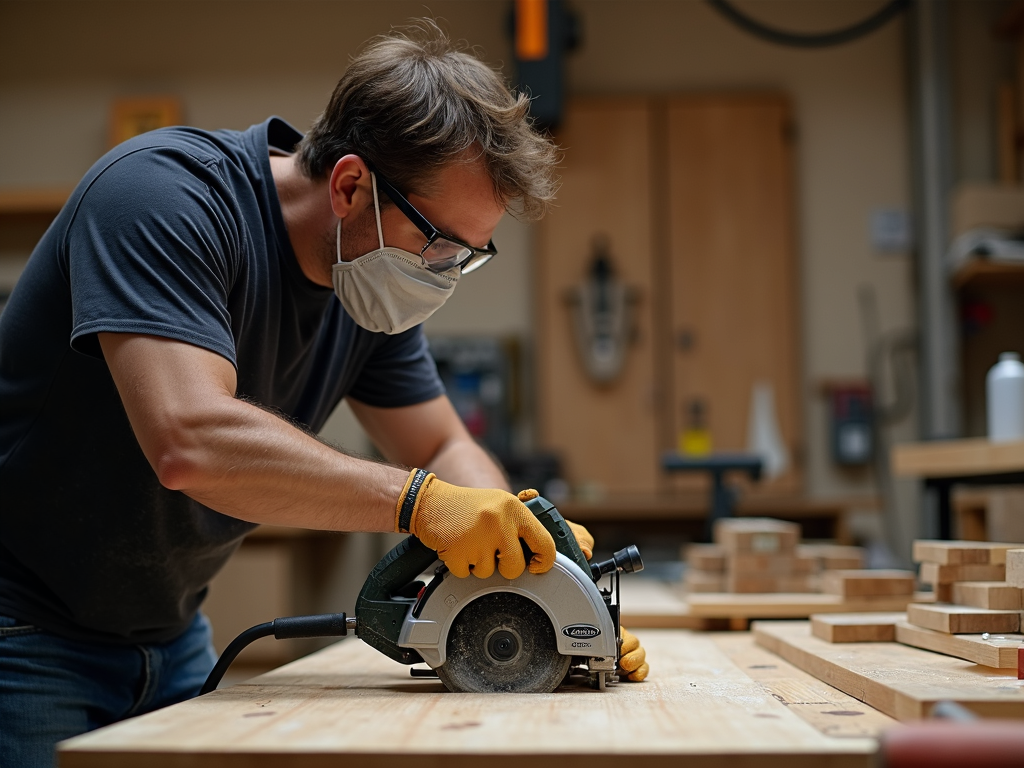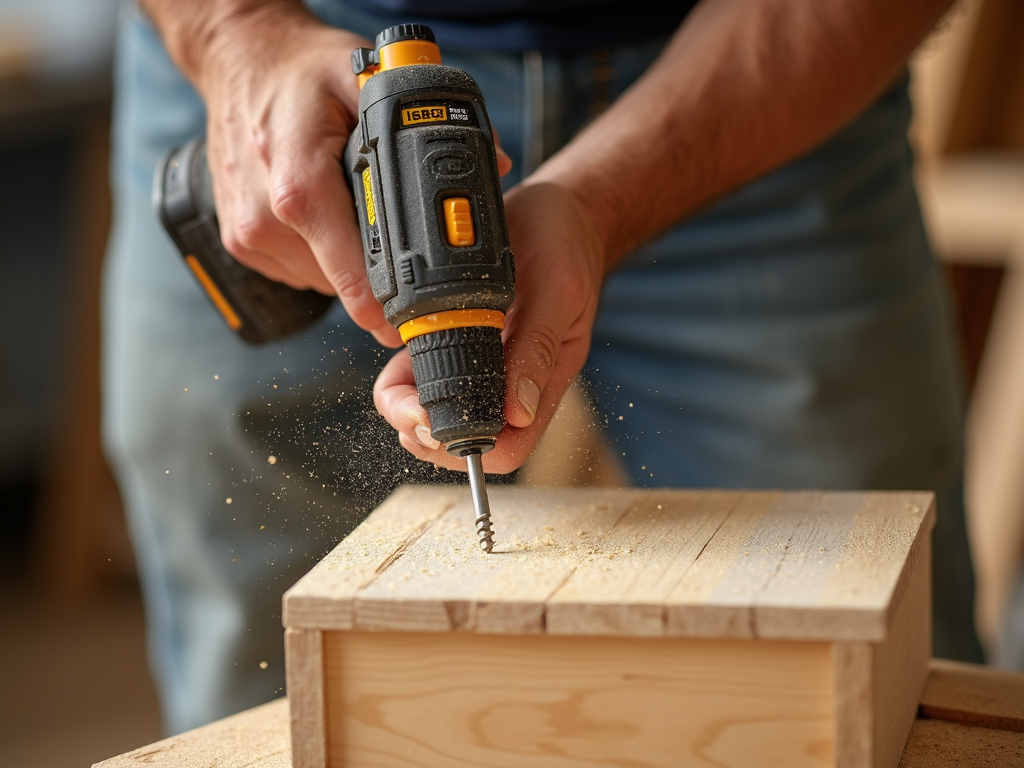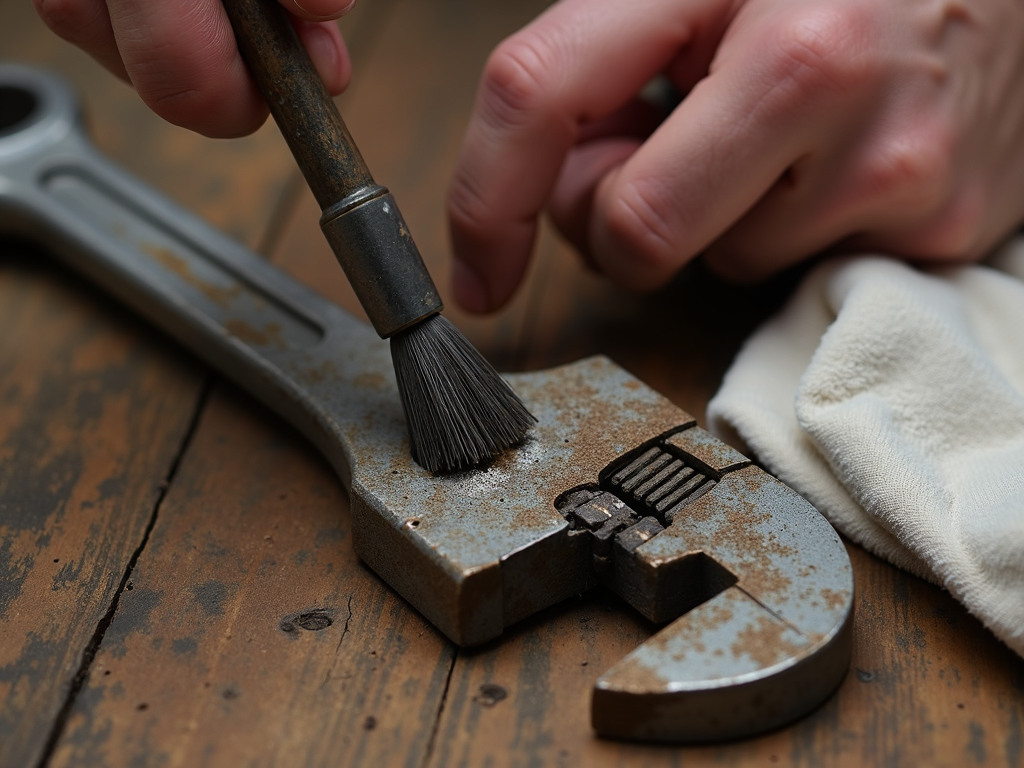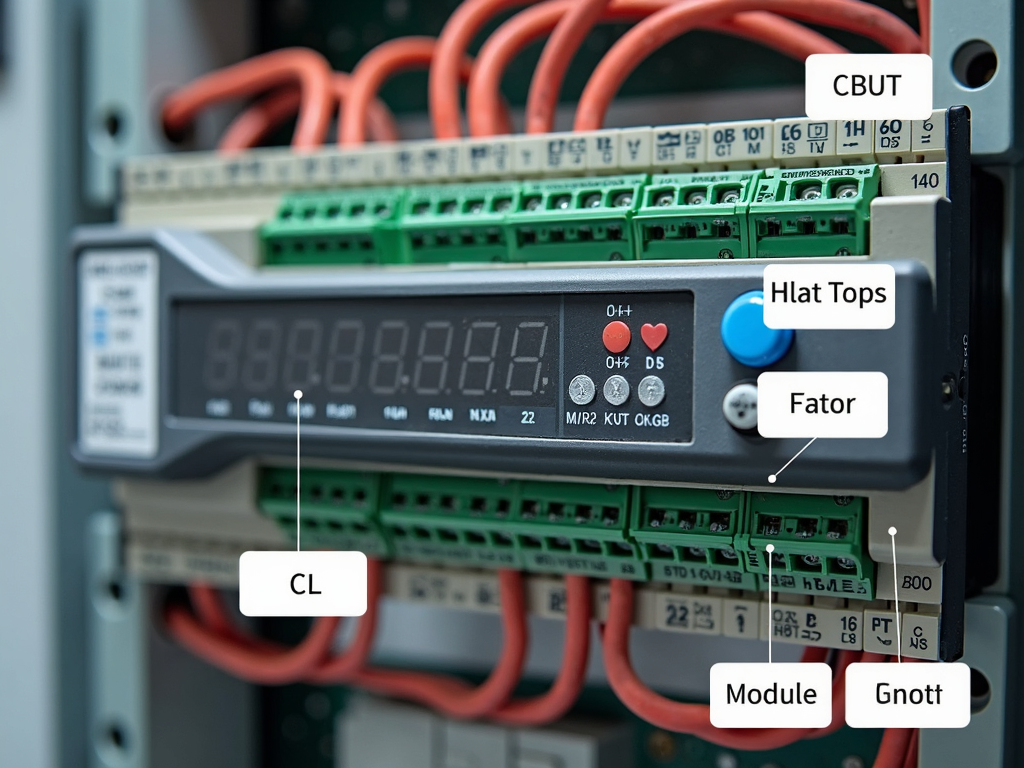Overview
Electricians rely on the right tools to tackle any job, big or small. Whether you're wiring a new home or fixing a faulty circuit, having the best tools saves time and keeps you safe. This article dives into the Top Workman Tools for Electricians: Must-Haves for Every Job, from basic pliers to advanced voltage testers. We’ll also cover how to pick the perfect drill bits and share real-world tips from years in the field.
Why Tools Matter
I’ve been on jobs where a cheap tool broke mid-task, turning a quick fix into a headache. Quality workman tools aren’t just about convenience—they’re about safety and getting it right the first time. Let’s break down the essentials every electrician should carry.
Hand Tools: The Basics You Can’t Skip
Hand tools are the backbone of any electrician’s kit. Here’s what I always keep close:
- Needle-Nose Pliers: Perfect for bending wire ends or pulling cables through tight spots. I once fished a wire through a cramped junction box with these—saved me an hour.
- Lineman’s Pliers: Heavy-duty for cutting and twisting thicker wires. They’re a must for rough jobs.
- Screwdrivers: Get a set with flathead and Phillips tips. I prefer ones with magnetic ends—great for holding screws in awkward ceiling fixtures.
- Wire Strippers: These strip insulation cleanly. Adjustable ones handle multiple wire sizes, which is handy when you’re juggling different tasks.
Invest in tools with insulated handles. They’ve kept me safe more times than I can count when working near live wires. Check out the National Electrical Contractors Association (NECA) for more on tool standards.
Power Tools: Boosting Efficiency
Power tools speed up the work and handle tougher materials. Here are my go-to picks:
- Cordless Drill: I use mine daily for drilling holes and driving screws. A variable-speed model with a hammer function tackles wood and masonry alike. Battery life matters—nothing’s worse than a dead drill halfway through a job.
- Reciprocating Saw: Cuts through conduit or drywall fast. I’ve sliced metal pipes in seconds with one.
- Hole Saw Kit: Makes clean holes for outlets or fixtures. Keep extra blades—dull ones slow you down.
Cordless tools are a game-changer. No cords mean less tripping and more freedom on ladders. Look for brushless motors—they last longer and pack more power.
Specialized Tools: Precision for Pros
Some jobs need more than the basics. These electrical tools make tricky tasks simple:
- Non-Contact Voltage Tester: Checks for live wires without touching them. I’ve avoided shocks thanks to this little gadget.
- Digital Multimeter: Measures voltage, current, and resistance. It’s my go-to for diagnosing circuit issues.
- Circuit Finder: Traces breakers to outlets. Once, I mapped an old house’s wiring in minutes with one.
These tools aren’t cheap, but they pay off. A good multimeter, for instance, can spot a fault before it becomes a fire hazard. The Occupational Safety and Health Administration (OSHA) has great resources on using them safely.
Choosing the Right Drill Bits for Electrical Installations
Picking the wrong drill bit wastes time and ruins materials. Here’s what works:
| Material | Best Drill Bit | Why It’s Great |
|---|---|---|
| Wood | Twist or Spade Bits | Fast, clean holes for cable runs |
| Metal | High-Speed Steel (HSS) | Cuts conduit without dulling fast |
| Masonry | Carbide-Tipped Bits | Punches through brick or concrete |
I learned this the hard way drilling into a concrete wall with a wood bit—it snapped in seconds. Match the bit to the job, and you’ll work smarter.
Keep a range of sizes too. A 1/2-inch bit is perfect for outlet boxes, but a 1-inch spade bit handles bigger cable entries. For more on bit selection, see this guide from the University of Illinois on tool materials.
Safety First: Protecting Yourself and Your Work
Electrical tools for wiring and installations can be dangerous if misused. Here’s how I stay safe:
- Wear Gear: Safety glasses and gloves are non-negotiable. I’ve had wire bits fly at my face—glasses saved me.
- Check Tools: Look for frayed cords or cracked handles before starting. A damaged screwdriver once sparked near a live circuit—lesson learned.
- Use Right: Don’t force a tool beyond its limit. A drill isn’t a hammer, no matter how rushed you are.
Safety isn’t just about you—it’s about the job lasting. The National Fire Protection Association (NFPA) offers detailed electrical safety tips worth reading.
Wrapping Up
The Top Workman Tools for Electricians: Must-Haves for Every Job boil down to quality and fit. Hand tools like pliers and screwdrivers, power tools like drills, and specialized gear like voltage testers cover every task. Choosing the right drill bits for electrical installations keeps your work clean and fast. From personal experience, investing in reliable electrical tools pays off in time, safety, and results. Build your kit with care—you won’t regret it.
Related Top Workman Tools for Electricians: Must-Haves for Every Job:
- Advanced Tool Maintenance Techniques: Ensuring Longevity and Efficiency
- How to Choose the Right Power Drill for Your Project
- The Ultimate Guide to the Best Wrench Sets for Construction Workers
- DIY Workshop Organization: Budget-Friendly Solutions for a Clutter-Free Workspace
- Essential Safety Gear for Electricians
- The Importance of Workplace Safety and Ergonomics
- Essential Workman Tools for Plumbing: A Complete Guide
- Essential Safety Tips for Using Power Tools: A Comprehensive Guide
- Beginner’s Guide to Power Tools: Drills, Saws, and More
- Maintaining Your Metalworking Tools for Safety and Performance
- The Electrician's Guide to Advanced Automation Tools
- Painting Tools Every Artist Needs
